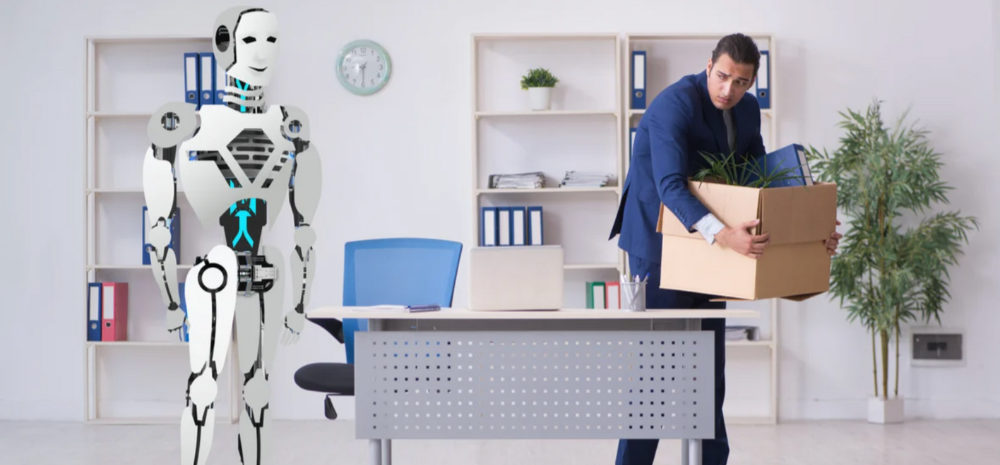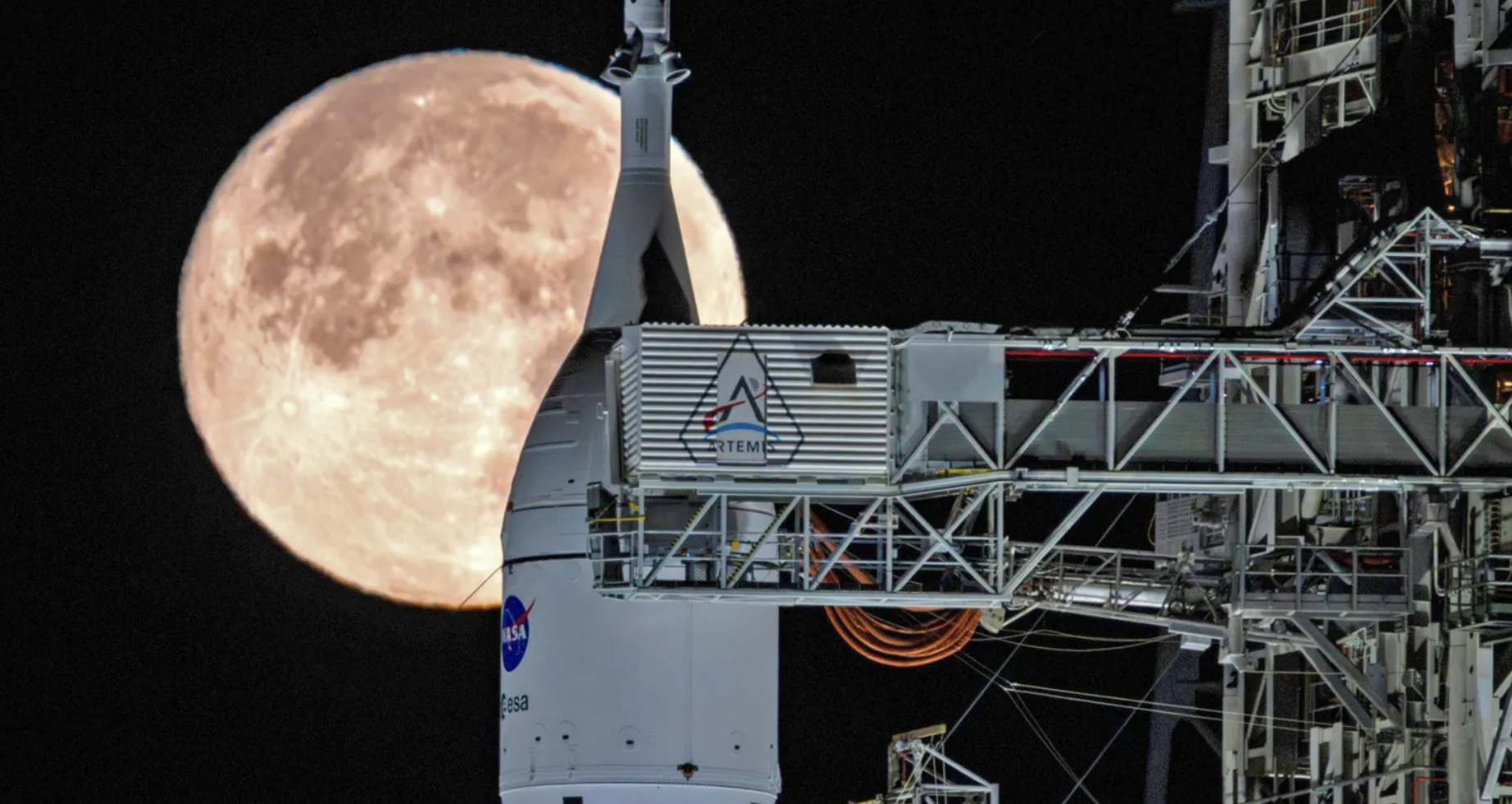A recent Gartner report highlights that over 80% of software engineers need to acquire new skills like natural-language prompt engineering and retrieval-augmented generation (RAG) to stay relevant amidst the rise of generative AI. While AI is transforming the role of engineers, it is not replacing them. Instead, it will create new opportunities in AI development and integration.

AI’s Impact on Software Engineering Jobs
AI’s influence on software development has raised concerns about the future of engineering roles. Gartner’s analysts stress that AI will not replace software engineers but transform their roles. Engineers will need to adapt by learning new skills in AI integration, focusing on platforms like GitHub Copilot and Anthropic’s Claude. According to Philip Walsh, a senior principal analyst at Gartner, “Human expertise and creativity will always be essential to delivering complex, innovative software.”
Stages of AI’s Role in Software Development
Gartner outlines three stages for AI’s impact on software development:
- Short-term: AI will work alongside human engineers, enhancing their workflows and increasing productivity.
- Mid-term: AI will fully automate specific tasks, with most code being generated by AI.
- Long-term: AI will revolutionize engineering, demanding skilled engineers to meet the growing need for AI-powered software solutions.
Upskilling and AI Developer Platforms
As AI tools become essential in software development, organizations must invest in AI developer platforms. This requires upskilling data and platform engineering teams to embrace continuous AI integration processes.
Current Trends in AI and Software Development
Gartner’s survey revealed that 56% of software engineers see AI/ML roles as highly in-demand but also acknowledge a skills gap in integrating AI into applications. This trend is supported by the rise of AI coding startups like Supermaven, which recently secured $12 million in funding.
Concerns About AI in Coding
Despite the excitement around AI coding tools, concerns remain. Some studies show a decline in the quality of AI-generated code, with developers reporting a 41% increase in bugs when using tools like GitHub Copilot.












